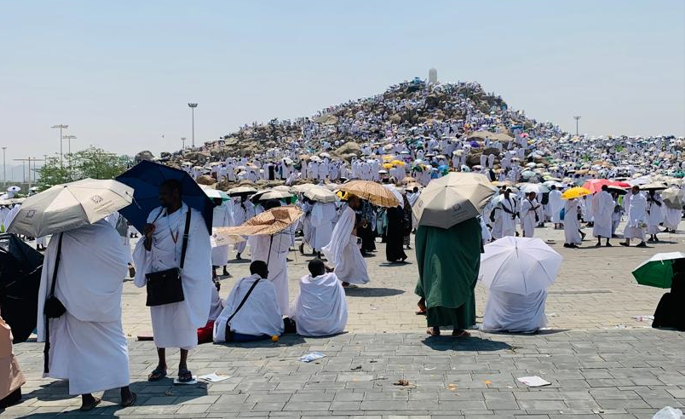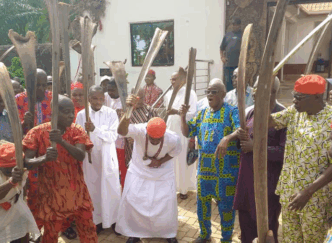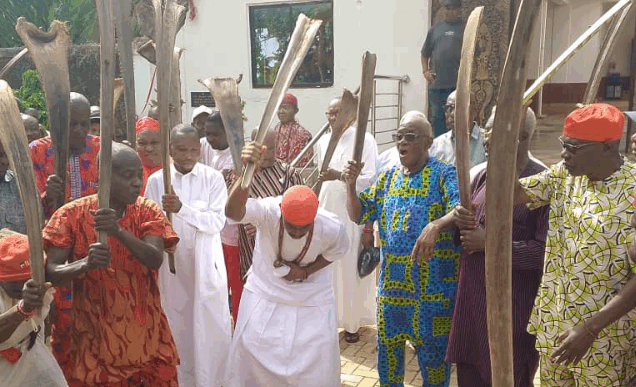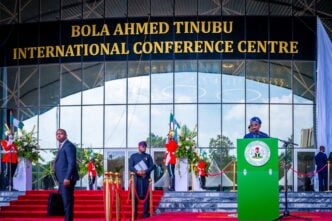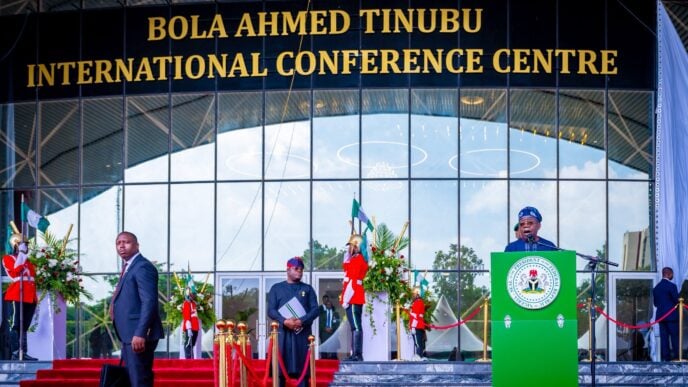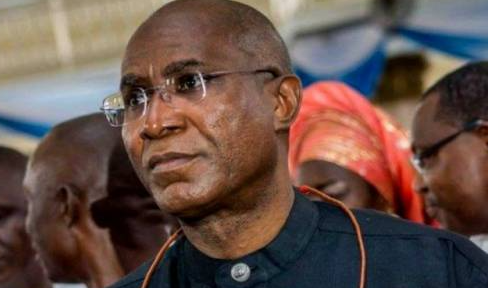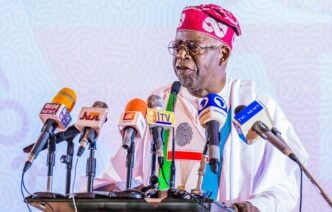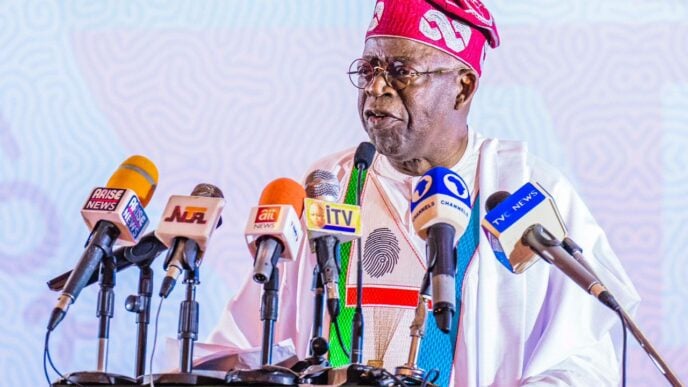BY TAJUDDEN AHMAD TIJJANI
The conclusion of this year’s Hajj, officially marked by Saudi authorities on 9th June 2025, offers an opportunity to reflect on Nigeria’s experience and draw lessons for the future. The 1446/2025 Hajj season was the first major test for the leadership of Professor Abdullahi Usman Sale Pakistan, who was appointed executive chairman of the National Hajj Commission of Nigeria (NAHCON) in August 2024.
As an Islamic scholar with qualifications from the Islamic University of Madina and Peshawar University in Pakistan, Professor Sale brought both religious insight and an academic background to the role. Expectations were high, particularly in light of past criticisms of logistical challenges and poor service delivery in previous Hajj operations.
This year, however, there were notable improvements. Nigerian pilgrims experienced smoother travel arrangements, with the choice of airlines and coordination of flights significantly enhanced. Transportation was more seamless, reducing the stress often associated with such a large-scale movement of people.
Advertisement
Accommodation also saw positive changes. The proximity of housing to the key religious sites in Medina, particularly Masjid Nabawi, allowed pilgrims to focus more fully on their spiritual activities. The removal of certain discriminatory practices further contributed to a more inclusive and dignified experience for all.
One of the more striking aspects of this year’s Hajj was the responsiveness of the NAHCON team to unforeseen challenges. A fire incident on 7th June tested their crisis management capacity. The prompt relocation of affected pilgrims and the quick restoration of services ensured that the spiritual journey of those impacted was not unduly disrupted. This reflects a level of preparedness that should become standard practice.
Moreover, consistent feedback from pilgrims suggests improvements in welfare services, particularly in the quality of meals and general responsiveness of staff to their needs. While no large-scale operation of this nature is without flaws, the comparative lack of major complaints this year is encouraging.
Advertisement
These outcomes tell us the importance of leadership that is both accountable and transparent. A clear focus on the effective use of pilgrims’ funds and a commitment to their welfare should remain central to NAHCON’s mandate, beyond any single individual’s tenure.
That said, success in such a complex undertaking is never the result of one person’s efforts alone. It is important to acknowledge the contribution of the entire NAHCON staff, who appear to have embraced a culture of professionalism and service.
The 2025 Hajj offers broader lessons for public administration in Nigeria. First, reforms can yield tangible results when driven by clear leadership and backed by committed teams. Second, transparency and accountability are essential when managing public resources, especially where the expectations of citizens are tied to deeply personal experiences such as religious pilgrimage.
Finally, this year’s experience reminds us that public service must be centred on empathy and responsiveness. It is this human dimension — the ability to anticipate, respond to, and care for the needs of citizens — that ultimately defines success.
Advertisement
As Nigeria looks ahead to future Hajj exercises, the challenge will be to institutionalise these improvements so that they become the norm, not the exception. Sustainable systems, guided by competence and integrity, will serve pilgrims far better than reliance on individual goodwill alone.
Tajuddeen Ahmad Tijjani can be contacted via [email protected]
Views expressed by contributors are strictly personal and not of TheCable.
